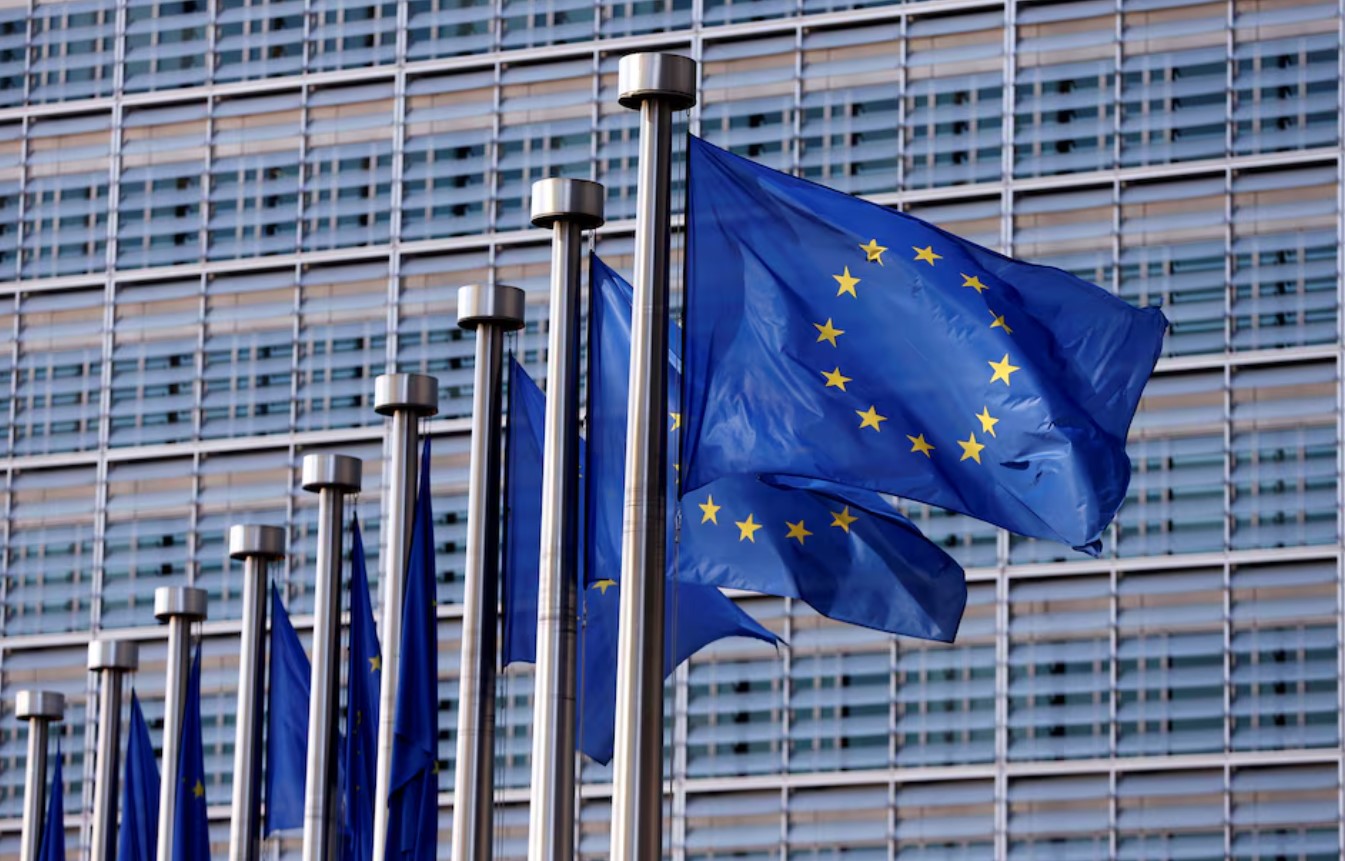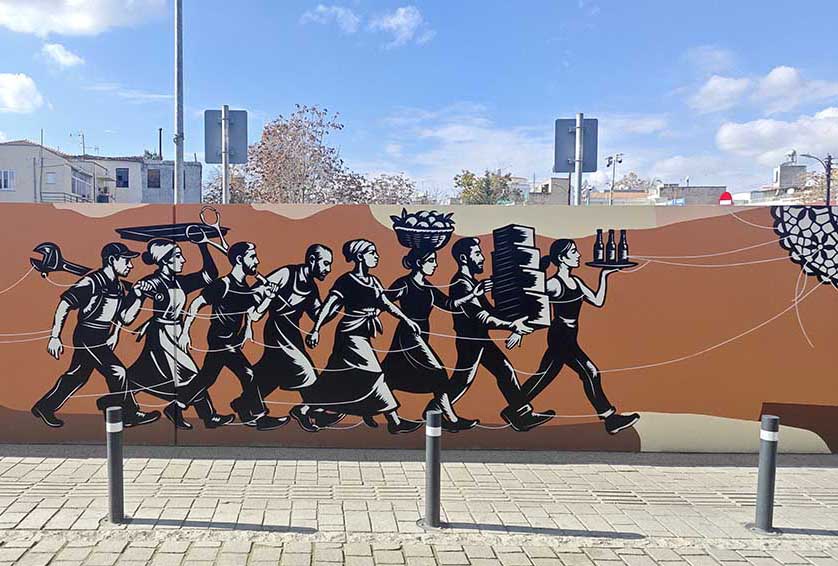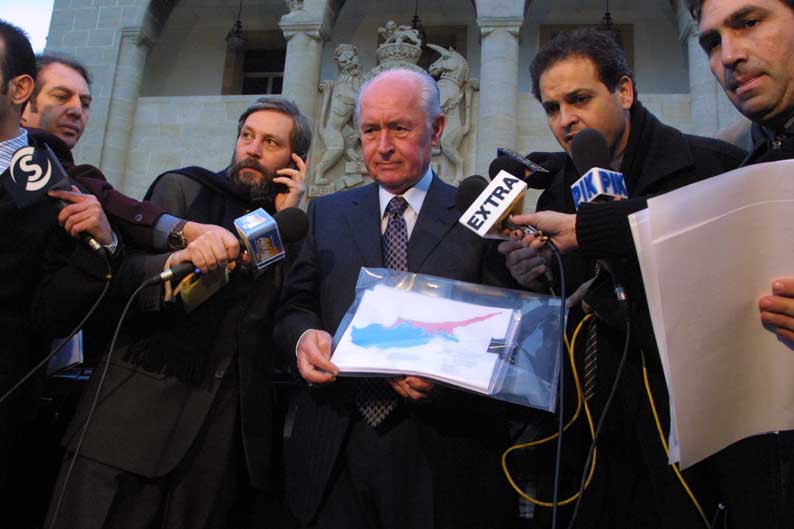President Nikos Christodoulides has hailed Cyprus’s accession to the European Union as the country’s most significant political and diplomatic achievement, marking the 21st anniversary of EU membership with a written statement reflecting on the milestone and its continued relevance.
“With a sense of pride, we honour today the 21st anniversary of our country’s accession to the European Union – an undisputed milestone that affirmed our European identity and bolstered the institutional and political standing of the Republic of Cyprus,” the president said. “It amplified our voice on the European and international stage.”
The president noted that the anniversary comes at a time of “multifaceted challenges,” chief among them the ongoing Turkish occupation of European territory.
He emphasised that Cyprus’s EU membership remains its strongest asset in the effort to resolve the Cyprus problem, which he described as “a European issue.”
He pointed to the explicit reference to the Cyprus issue in the conclusions of the April 2024 European Council and a recent joint letter by the heads of the EU institutions to the UN Secretary-General ahead of the informal Geneva summit, as clear evidence of the EU’s active role and stake in efforts to reunify the island.
“The European Union is our natural home,” Christodoulides said. “Its active and meaningful involvement is not only necessary – it can serve as a catalyst and guarantee for a solution aligned with European law, human rights and freedoms.”
Christodoulides also stressed the EU’s impact on everyday life in Cyprus, noting the bloc’s role in areas such as digital transformation, social policy, the green transition, energy security, migration management, and public health.
“Cyprus is an equal member, actively participating in shaping EU policies,” he said. “We have earned the respect of our partners and recognition as a responsible and constructive actor.”
He also underscored Cyprus’s strategic partnerships with third countries of geopolitical and economic significance, noting that the island’s multilevel foreign policy and deepening regional cooperation have reinforced its role as a credible pillar of stability and a bridge between the EU and the wider region.
“Twenty-one years on, Cyprus has consolidated its place within the EU, transformed into a modern state with international influence and citizens who see themselves not just as Cypriots, but also as Europeans,” the statement read.
Looking ahead, Christodoulides said Cyprus is preparing to take on the presidency of the Council of the European Union during the first half of 2026.
“The 2026 presidency is a high political act of EU membership,” he said, describing it as an opportunity to promote Cyprus as capable of shaping initiatives that advance the European agenda and further integration.
“We can place Cyprus at the heart of European developments – as a constructive member that generates solutions and strengthens public confidence in the European project,” the president concluded.
Marking the anniversary, political party Disy described the country’s accession as “the greatest political and diplomatic success” since independence, crediting former President Glafcos Clerides for the vision and political will that made it possible.
“It was a clear political goal, realised through a struggle of many years, designed and implemented by the great statesman Glafcos Clerides,” Disy said. “Despite knowing the obstacles and challenges, his political stature and determination, in full coordination with Greece, made the vision a reality.”
The Democratic Party (Diko) also issued a statement, calling Cyprus’ full accession to the EU a “historic and strategic achievement” for Hellenism, achieved under the presidency of the late Tassos Papadopoulos.
“After a long and demanding path, with sacrifices and struggles by our people, we secured our place in the European family as an equal member state, with no discounts, no exceptions, and no asterisks,” Diko said. It stressed that accession came just days after the rejection of the Annan Plan in 2004, and served as a testament to the country’s ability to shape its future with dignity and on its own terms.







Click here to change your cookie preferences